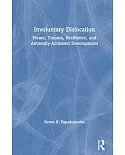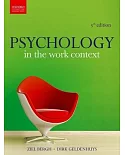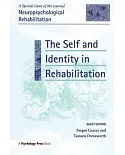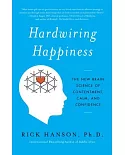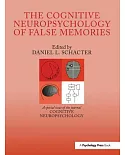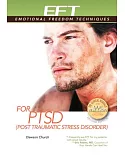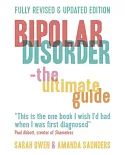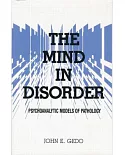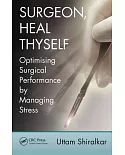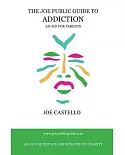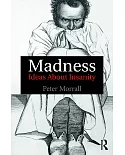Despite over one hundred years of clinical research within the field of psychoanalysis, little has been said in relation to the body, medical illness, and aging. In fact, there is often the
idea that "real" medical problems are somehow beyond the scope of psychoanalytic treatment. Given that the population is living longer, there is a need for publications that address both the
impact of aging as well as illness, as persons who live longer lives are more prone to develop medical problems. Psychodynamic Perspectives on Aging and Illness focuses on aging and illness
from a contemporary psychodynamic perspective. The text explores the unaddressed areas of psychodynamic theory and technique in addressing bodily issues in those who are both older and
experiencing the associated effects of aging, including medical illness. Topics include normative and non-normative narcissism in response to the reduction in bodily functioning, the
impact of paranoid states on the illness and aging process, and the conceptualization of illness as an adult on-set trauma in medical patients. The Author also provides suggestions for how
clinicians can work with an increasing aging population, who will ultimately experience more medical illness in their patients than previous generations of therapists and psychoanalysts. This
book will enhance the psychological literature by providing an increased knowledge of physiology and illness as well as a framework in which patients, who are beset with a particular genetic
configuration leaving them vulnerable to illness, are not blamed for their illnesses. Although analytic clinicians may not be able to "cure" medical illness, this book will help
clinicians to better understand the sense of being out-of-control that is felt by their medical patients and their therapists on a regular basis. This insight will hopefully lead
clinicians and their patients to a heightened sense of empowerment rather than disembodiment in the face of illness.


